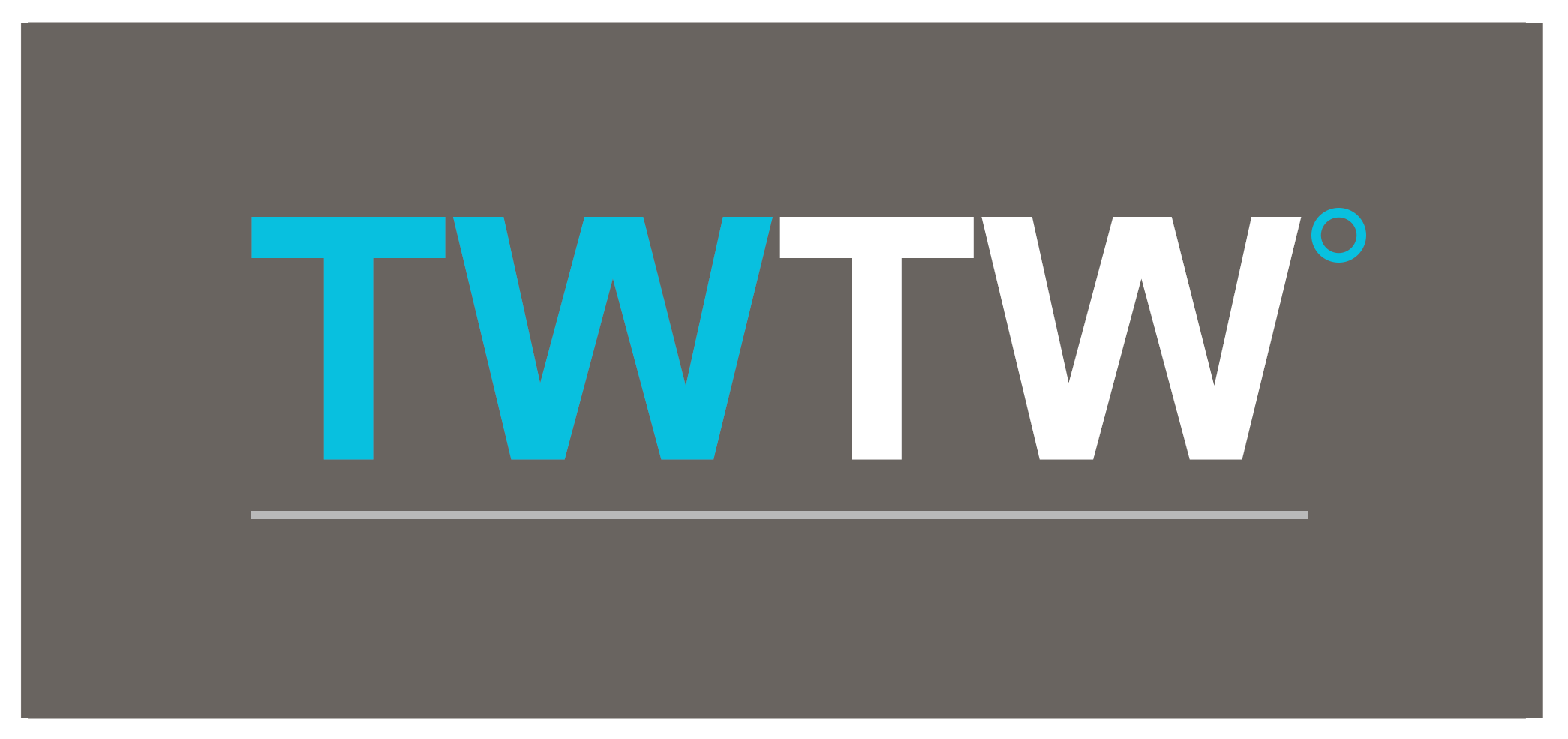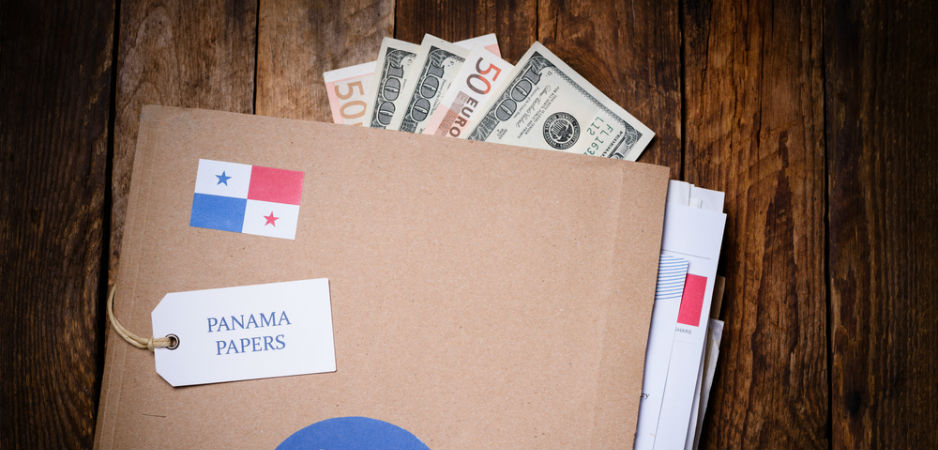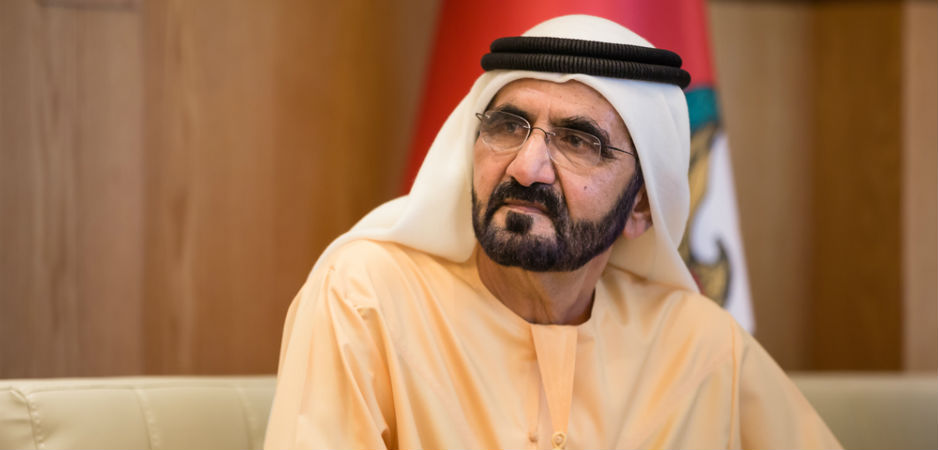The Panama Papers reveal the shady shenanigans of elites who use offshore finance extensively and prize private gains over public interest.
This week, the Panama Papers came into focus. More than 11.5 million financial and legal records were leaked to the International Consortium of Investigative Journalists (ICIJ). This information belonged to Mossack Fonseca, a shady law firm based in Panama. Its clients include top politicians, billionaires, actors, sports stars, drug traffickers and other crooks.
The ICIJ has analyzed leaked documents to find information on more than 214,000 offshore companies connected to people in more than 200 countries and territories. It turns out 140 politicians and public officials from around the world have offshore holdings. The Saudi king, Pakistan’s prime minister and the president of Ukraine are involved.
Russian President Vladimir Putin’s associates have stashed away $2 billion in such holdings. Chinese President Xi Jinping’s brother-in-law, former premier Li Peng’s daughter and other members of “the red nobility” have been using “white gloves” to siphon off money from the Middle Kingdom. Even British Prime Minister David Cameron has been sucked into scandal for artfully dodging taxes, making a mockery of his holier-than-thou calls for tax haven reform. Sigmundur Davíð Gunnlaugsson has resigned as Iceland’s prime minister even though his offshore money holdings seem to be perfectly legal.
The leak of so many documents reveals an inside view of the world of offshore finance for the first time. In this shadowy realm, financiers service the wealthy using lawyers, accountants and consultants to create convoluted structures that hide and protect their wealth. Most offshore finance is legal. Hedge funds and private equity players have long incorporated companies in Cayman Islands, British Virgin Islands, Bermuda, the Bahamas, Channel Islands and the Isle of Man.
UBS hired Mossack Fonseca to set up more than 1,100 offshore companies. HSBC and its affiliates have worked with the firm to create more than 2,300 such companies. More than 500 banks, their subsidiaries and their branches have worked with Mossack Fonseca since the 1970s to create offshore companies. It is important to remember that Mossack Fonseca is only one of the many firms facilitating offshore finance.
These firms are particularly important to businesses that value secrecy. It is little surprise that Mossack Fonseca facilitates Africa’s diamond trade and the international art market. Middle Eastern bigwigs and India’s super rich are among the firm’s many clients. Two kings, Mohammed VI of Morocco and Salman of Saudi Arabia, have used Mossack Fonseca to buy luxury yachts. Lionel Messi and FIFA, football’s governing body, are also using this little-known firm.
Not only can offshore finance be murky but it is often also illegal. Shadowy methods are frequently used to stash ill-gotten proceeds of corruption, criminal activity and fraudulent tax avoidance. Mossack Fonseca’s customers have included Ponzi scheme artists, criminal drug lords and at least one jailed sex offender.
This firm from Panama seems to be a favored consigliere of the rich and powerful. Yet it has not entirely succeeded in avoiding trouble. In February 2015, Süddeutsche Zeitung, a respected German paper that is working with ICIJ to investigate the Panama Papers, reported that the tax-fraud investigation targeting Commerzbank might lead to criminal charges against the employees of Mossack Fonseca.
Brazilian prosecutors have labeled the firm as a “big money launderer” and filed criminal charges against five of its employees. “Operation Carwash” or “Lava Jato” is an investigation targeting those who stole money from Petrobas. This includes top politicians of both the ruling party and the opposition. Mossack Fonseca apparently helped those involved in the Petrobas scandal to move money around. Now, the firm is under scrutiny worldwide.
Offshore finance itself is under the magnifying glass. Gabriel Zucman of the University of Berkeley estimates that 8% of the world’s financial wealth is held offshore. This amount is at least $200 billion. As per Zucman’s figures, the percentage increases dramatically for other parts of the world. About 22% of Latin American wealth, 30% of African, 50% of Russian and 57% of the wealth of Gulf countries is held offshore.
Zucman also points out that US firms book more than half their foreign profits in offshore tax havens. Since the late 1990s, the effective rate of taxation for US corporations has decreased by a third. The Tax Justice Network estimates the global annual tax evasion to be $3.1 trillion. In 2009, Global Financial Integrity produced a report that analyzed illicit financial flows from developing countries between 2002 and 2006. During this time, these flows doubled to reach $1 trillion a year. By contrast, global aid was merely $104 billion a year. To put it brutally, offshore finance enables elites to rob their masses and secretly park their ill-gotten money in safe havens.
The Panama Papers reveal the world’s worst kept secret. Elites watch out for their interest. In the good old days, Louis XIV could simply take whatever he wanted to build Versailles. He could declare “l’état, c’est moi” and his subjects dared not whisper their disapproval. Today, leaders claim that they are serving their people. Yet they do not seem to know their people. As organizations grow bigger, systems become more complex and societies become increasingly unequal, concentration of power is creating gargantuan chasms between elites and masses.
This concentration has resulted in the massive transfer of wealth from the poor to the rich. Privatizations in the post-Soviet era were nothing but daylight robberies where public assets were transferred to the relatives and friends of those in power. Banks in countries like China and India have been systematically lending the savings of the middle class to those with political clout. Far too many of these loans have turned sour and the bad debts on the books of the banks are being insured by taxpayer money.
In the US and Europe, the bailout of banks has resulted in similar wealth transfer. To prevent the financial system from going belly up, governments doled out taxpayer money to big banks to stave off a potential global depression. This bailout was nothing but socialism on the downside after capitalism on the upside. To add insult to injury, banks paid out some of this money to failed executives as multimillion dollar bonuses even as average citizens were suffering. Furthermore, quantitative easing by central banks has made the rich richer and exacerbated inequality.
The bonuses and offshore companies demonstrate how global elites are increasingly disconnected from the masses. Both the children of US senators and Chinese leaders study at places like Harvard or Stanford. They have more in common with each other than the automobile worker in Detroit or a seamstress in Suzhou. They live in their brave new world of offshore trust funds, private jets and hedonistic consumption. They have little understanding of or empathy for the teeming millions on the planet.
 Perhaps, the selfishness of elites is only to be expected. As Napoleon remarks in George Orwell’s Animal Farm, “All animals are equal, but some animals are more equal than others.” In earlier times, religion sometimes made elites behave a bit more decently. Zakat in Islam and tithes in Christianity provided some welfare to the poor. Everyone was equal in the eyes of the Lord and, at times, religion fostered a social conscience that led to some redistribution.
Perhaps, the selfishness of elites is only to be expected. As Napoleon remarks in George Orwell’s Animal Farm, “All animals are equal, but some animals are more equal than others.” In earlier times, religion sometimes made elites behave a bit more decently. Zakat in Islam and tithes in Christianity provided some welfare to the poor. Everyone was equal in the eyes of the Lord and, at times, religion fostered a social conscience that led to some redistribution.
The rise of the secular state has led to bureaucrats largely taking over from men of God. Often, they steal taxpayer money or use it most inefficiently. In countries like India or Italy where no one trusts the state, tax evasion is a national pastime. Besides, the tax code in most countries is arcane, infernally complicated and downright oppressive. So, corporations and individuals set out to work around it. Most believe that they are better stewards of money than the government and that they can do much more good than petty bureaucrats. As a result, Google and Facebook try to minimize taxes using offshore entities even as they set up philanthropic foundations to save the world.
In Mark Zuckerberg’s hyper-connected era, the idea of shared identity, collective conscience and citizenship has taken a battering. In an era when “a million dollars isn’t cool,” people are chasing a billion dollars. So, why pay taxes per convoluted codes to bumbling bureaucrats who might squander the money on themselves or the great unwashed?
*[You can receive “The World This Week” directly in your inbox by subscribing to our mailing list. Simply visit Fair Observer and enter your email address in the space provided. Meanwhile, please find below five of our finest articles for the week.]
Fallout of Panama Papers to Last Months
The political fallout of the Mossack Fonseca data leak will lead to broader challenges for businesses, with likely responses from regulators in the months ahead.
In the biggest data leak in history, German newspaper Sueddeutsche Zeitung, along with the International Consortium of Investigative Journalists, on April 3 released findings on offshore companies based on confidential emails, bank records and client information belonging to Panama-based law firm Mossack Fonseca. The data, which amounts to about 11.5 million files dating back nearly 40 years, revealed the offshore holdings of at least 12 current and former world leaders, including several already tainted by past accusations of corruption.
The findings exposed how hundreds of influential people and international companies across the world have used offshore companies to avoid taxes and facilitate financial fraud. The magnitude of the revelations has prompted authorities in Australia, New Zealand, France and the United Kingdom to launch probes into possible financial wrongdoing. While it will take several… Read more
Climate Change is Affecting Zimbabwe’s Poorest Communities
The people of Zimbabwe are struggling with many problems, but the scale of the challenges they are facing in this drought is more than they can manage alone.
This year started with torrential rain: Bridges swept away in the north of England, my friend Colin’s studio in Yorkshire was under five feet of water and sludge. I thought about this on a long muddy walk on the Isle of Wight recently—the wettest January since records began over a hundred years ago.
Then, after the floods, I saw the disaster of drought in Zimbabwe—once the breadbasket of Africa exporting grain and food, now struggling to feed its people. In some of the areas such as Masvingo where CARE International is working, our local data indicate that 80% of crops are failing.
I was traveling the long miles from Harare with CARE Director Phil Christensen toward Masvingo—a province in Zimbabwe 300 kilometers from Harare, bordering South Africa… Read more
Where Knowing Nothing Helps a Lot
The Republican Party is wrapping itself in the red, white and blue and ensuring that Americans who know little or nothing will have a safe haven for their vote.
It is time for a little walk on the light side. I try not to enjoy myself too much at the expense of others, but I am having a great time with the Republican Party at the moment. There used to be a political party in America in the mid-1800s called the “Know-Nothing Party,” which was anti-immigrant and anti-Catholic. Now here is the best part: It later took on the name “American Party,” presumably to ensure that everyone easily could use “American” and “know nothing” in the same sentence.
I am not making this up. As if to prove my point, the Know-Nothing Party is back, only now they call themselves the “Republican Party.” As before, they are wrapping themselves in the red, white and blue and ensuring that… Read more
How the UAE’s Past Informs Its Future
The World Government Summit in Dubai showcased the tremendous growth of the UAE, the challenges it currently faces, and its plans to recapture its legacy of innovation in the sciences that goes back to the Islamic Golden Age.
This year, Dubai played host to the 2016 World Government Summit, which was attended by more than 4,500 participants from 130 countries. The summit showcased “the tremendous growth of the UAE, the geopolitical, economic and social challenges it currently faces,” as well as its plans “to recapture its legacy of innovation in the sciences that goes back to the Islamic Golden Age,” according to the co-authors of this opinion piece. They include Daphne Chen, Crystal Nwokorie, Valentina Ryabova, Dongye Zhang and Ahmed Fikri—all students from the Wharton MBA Class of 2016 who attended this year’s summit.
The Dubai Museum is housed in the oldest building in the Emirate. It was built in 1787 as the Al Fahidi Fort and… Read more
The Future of Europe Depends On This Vote
A trade referendum in tiny Holland may influence the future of Ukraine, the trajectory of the EU and whether armed conflict will return to eastern Europe.
The future of Europe is being decided this week in the Netherlands. Perhaps you thought that the European Union’s (EU) fate would be voted up or down in June, when the United Kingdom holds its referendum on continued membership. The “leave now” constituency in the UK currently holds a four-point lead, though much depends on whether younger British voters who are more EU-friendly will actually make it to the polls. The stakes are indeed high in the UK, and Brexit quite naturally commands much of the world’s attention.
But on April 6, the Dutch are holding a referendum on a trade agreement with Ukraine that has already been approved by the Dutch parliament and by all the other members of the EU. Indeed, the agreement has already been partially in effect for… Read more
The views expressed in this article are the author’s own and do not necessarily reflect Fair Observer’s editorial policy.
Photo Credit: Nevodka / Shutterstock.com
 We bring you perspectives from around the world. Help us to inform and educate. Your donation is tax-deductible. Join over 400 people to become a donor or you could choose to be a sponsor.
We bring you perspectives from around the world. Help us to inform and educate. Your donation is tax-deductible. Join over 400 people to become a donor or you could choose to be a sponsor.
Support Fair Observer
We rely on your support for our independence, diversity and quality.
For more than 10 years, Fair Observer has been free, fair and independent. No billionaire owns us, no advertisers control us. We are a reader-supported nonprofit. Unlike many other publications, we keep our content free for readers regardless of where they live or whether they can afford to pay. We have no paywalls and no ads.
In the post-truth era of fake news, echo chambers and filter bubbles, we publish a plurality of perspectives from around the world. Anyone can publish with us, but everyone goes through a rigorous editorial process. So, you get fact-checked, well-reasoned content instead of noise.
We publish 2,500+ voices from 90+ countries. We also conduct education and training programs
on subjects ranging from digital media and journalism to writing and critical thinking. This
doesn’t come cheap. Servers, editors, trainers and web developers cost
money.
Please consider supporting us on a regular basis as a recurring donor or a
sustaining member.
Will you support FO’s journalism?
We rely on your support for our independence, diversity and quality.











